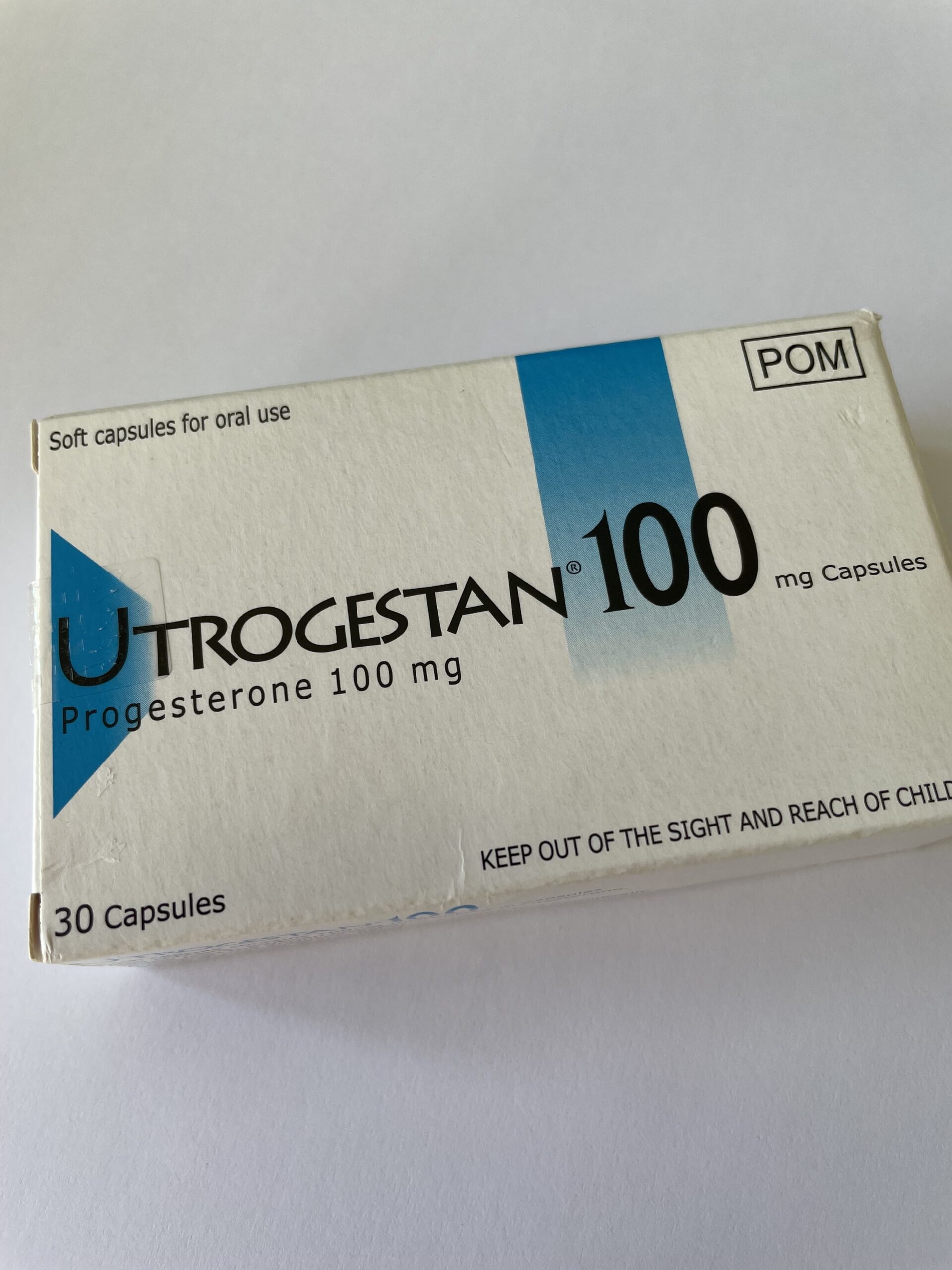Utrogestan
The British Menopause Society has released a news alert regarding the serious shortage of Utrogestan capsules which are used in HRT.
This has been because of the increased awareness about menopause management and an increase in demand. Besins, the company who manufacture Utrogestan is working to increase supply but this could take some time.
Utrogestan is identical to the naturally occurring hormone progesterone which is produced by the ovaries. Research has shown there may be less associated risk of blood clots and breast cancer when using this progesterone as part of HRT, compared with the other available progestogens which are synthetic. However, the risk is very small, particularly for short term substitution.
Substitute options for endometrial protection include norethisterone (for women with a body mass index under 30), and medroxyprogesterone acetate (MPA). Alternately there are combined patches for example Evorel Sequi/Conti and Femseven Sequi and Conti.
The Mirena coil is a very good method of providing endometrial protection, but also provides contraception and is a treatment for heavy menstrual bleeding.
There are combined oral treatments to patients who have no risk factors for blood clots or stroke in both sequential (for perimenopause where a bleed is required) and continuous regimes.
There are vaginal pessaries (Cyclogest/Utrogestan and Lutigest) but they are not licensed for endometrial protection and may not be available from the majority of NHS GPs.
Make an appointment to discuss alternatives with Watson Health Menopause Clinic, or your GP if this is affecting you.
WHC factsheets and other helpful resources – Women’s Health Concern (womens-health-concern.org)
14-BMS-TfC-Progestogens-and-endometrial-protection-APR2023-A.pdf (thebms.org.uk)
















